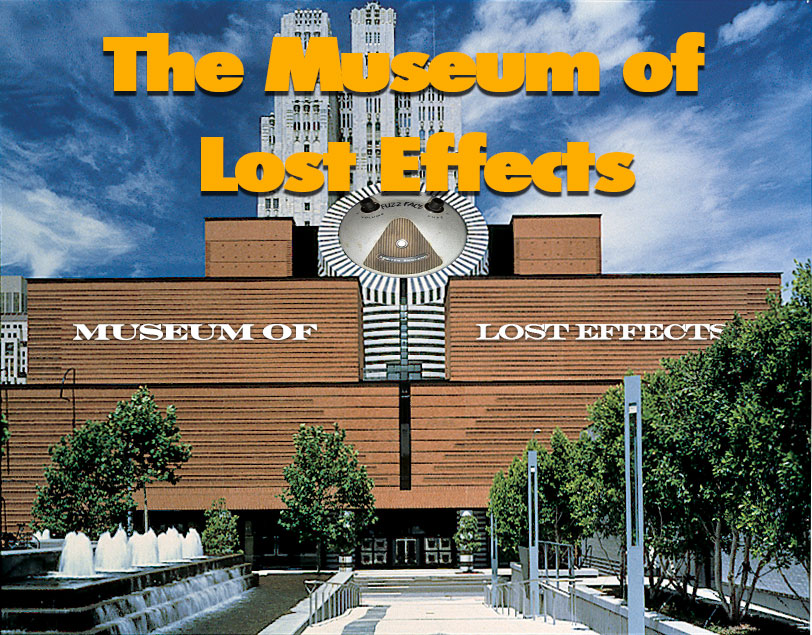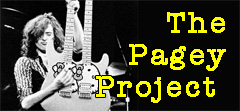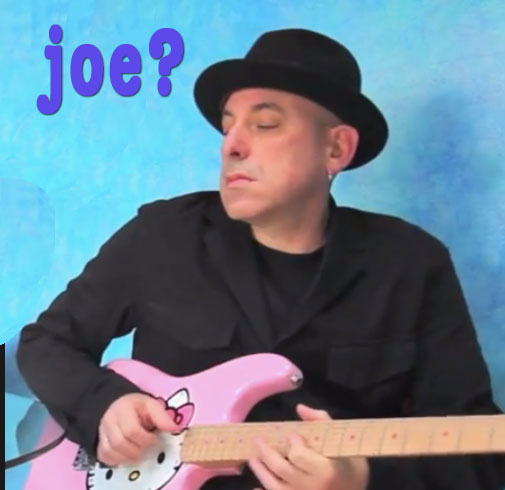James Horner, one of the most successful film composers in Hollywood history, died yesterday after crashing his single-engine plane near Santa Barbara, California. He was 61.
It’s hard to pinpoint the highlight of Horner’s career — he scored such mega-hits as Titanic, A Beautiful Mind, Avatar, Braveheart, and many other films. But I can definitely point to a career lowlight: tutoring a struggling 16-year-old freshman music student in a musty, claustrophobic practice room at UCLA’s Schoenberg Hall in 1975.

Seen here conducting his Braveheart score, Horner looks exactly as I remember him from 1975.
The tin-eared student was me — an incoming music major inadequately prepared for the rigors of college-level theory and musicianship. The TA leading my two-hours-per-day core class suggested I hire a private tutor to save me from sinking, and he recommended his fellow grad student, “Jamie” Horner. Borrowing a little extra cash from my folks, I paid Jamie some meager hourly fee ($10? $15, maybe?) to subject me to ear-training boot camp. It was basic music-major stuff: dictation (notating melodies and eventually counterpoint by ear alone), score-reading, sight-reading, sight-singing, and the like. (I needed the help! Then, as now, I was no “natural” musician. I labored mightily to acquire such skills.)
Jamie (as everyone called him then) was perfectly nice, but we weren’t pals or anything — he was just a busy and ambitious grad student earning a few quick, if measly, bucks via boilerplate tutoring of a slow student. He’s already embarked on his film scoring career, and his example was one of my earliest and most powerful eye-openers about the brutality of the biz.
Jamie was ridiculously gifted. He had laser-like focus on his goals. He was hereditary Hollywood royalty. (His dad was Harry Horner, an Austro-Hungarian émigré and famed production designer, and I think Jamie grew up with people like Otto Preminger as dinner guests.) And he was still ghost-writing scores for dog-shit films for next to nothing. For some, Jamie’s steep uphill path would have been an inspiration. But it scared me the hell away from his profession. (And today’s Hollywood scoring scene is vastly more brutal than it was back in the ’70s.)
I attended school during the last gasp of modernism. The focus was avant-garde 20th-century music, from Arnold Schoenberg to such then-leading lights as Luciano Berio, György Ligeti, and Witold Lutosławski. (You know — the ear-hurtin’ atonality that only perverts and music professors love.) Post-Romantic music was considered hopelessly tacky. No one studied Richard Strauss, especially his later, reactionary stuff! But I remember Jamie walking around with Strauss’s Alpine Symphony score under his arm. He was smarter than everyone else.
My favorite memory: A few years later in school, after I’d caught up and was doing okay, I had the unforgettable experience of taking a few semesters of David Raksin‘s film scoring class in the UCLA film department. Raksin was an amazing figure who worked with some of Hollywood’s greatest talents. (This photo sums up his significance. It’s Raksin on the right, posing with his teacher, frickin’ Arnold Schoenberg himself, Mrs. Schoenberg, and the man who gave David his first big break: Charlie Chaplin.)
Jamie dropped by Raksin’s class to meet David for a lunch date at the faculty restaurant. David kindly asked me along. (He’d taken a shine to me, not for any music skills, but because he liked what I’d written about scoring in my term papers.) So I got to tag along and listen to two geniuses talk shop. I just sat there trying not to say anything too stupid. I doubt I succeeded, but I’m grateful all these years later to have basked in their collective brilliance for a few minutes.
And I’m grateful to James Horner for helping me along. My heartfelt condolences to his family, friends, and colleagues.








Beautiful memories, Joe. He sure wrote some unforgettable music! Hope you are well Sir…
fantastic story, joe, and a great reminder that (most of) the well-known musicians we always hear about once toiled in the engine room, too.
Hi David. Things ain't bad. How our beautiful city treating you? When can we hang out?
Great stories, thanks for sharing! Hard to believe James Horner was once a mere mortal in music school.
Sad to lose such a talented man and condolences to you.
[…] with James Horner by Didier Leprêtre, Dreams to Dream … 's 1998. 6 – James Horner, 1953-2015 – Tonefiend.com 7 – CinemaScore, issue # 11/12, 1983; interview by Randall D. Larson Photo credits: […]